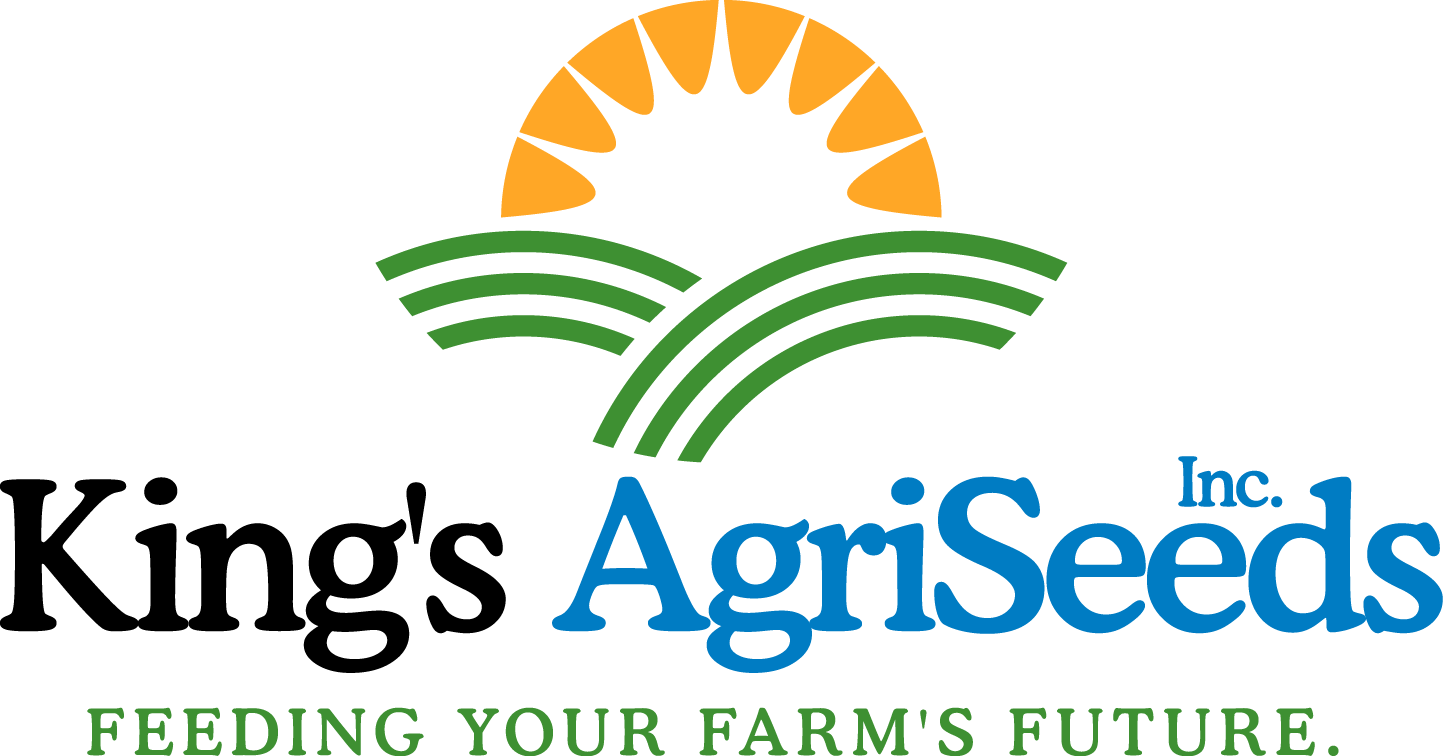Hemp Guide Overview
Industrial hemp is a promising segment in agriculture, adding new farm income opportunities as well as a unique crop rotation that promotes soil health. To ease our growers’ learning curve, we grew research plots on our farm in Lancaster County for the past two years. Along with comparing direct sow and transplants, we tested different weed control strategies, monitored the effects of cover crops, and performed five emergence trials. Best of all, we screened 15 varieties in our hot, humid growing conditions before they were introduced to our market.
Industrial Hemp Varieties
CBD (Day-length neutral & Photosensitive), Fiber & Grain Hemp are the main types of Industrial Hemp.
It has been said that a grain farmer would be most adapted to growing grain hemp, a hay producer could transition to growing fiber hemp, and a vegetable or tobacco grower could easily add another product line of hemp for CBD. Startup costs for equipment are the main reasons for this rule of thumb. There is plenty of crossover, however, particularly if a grower has a buyer for the final product.
King’s is partnering with industry leaders to bring high quality hemp varieties to the east coast. Hemp Genetics International, a recognized breeder in Canada has been developing dual purpose grain and fiber varieties since 1998. For CBD varieties, we are working with Phylos Biosciences and FLURA. Phylos is known for DNA mapping and sex testing of the cannabis plant. They use this expertise to breed F1 hybrids rapidly without genetic modification. Based in Michigan, FLURA is focused on photosensitive varieties suitable for smokable flower and high CBD yield.
